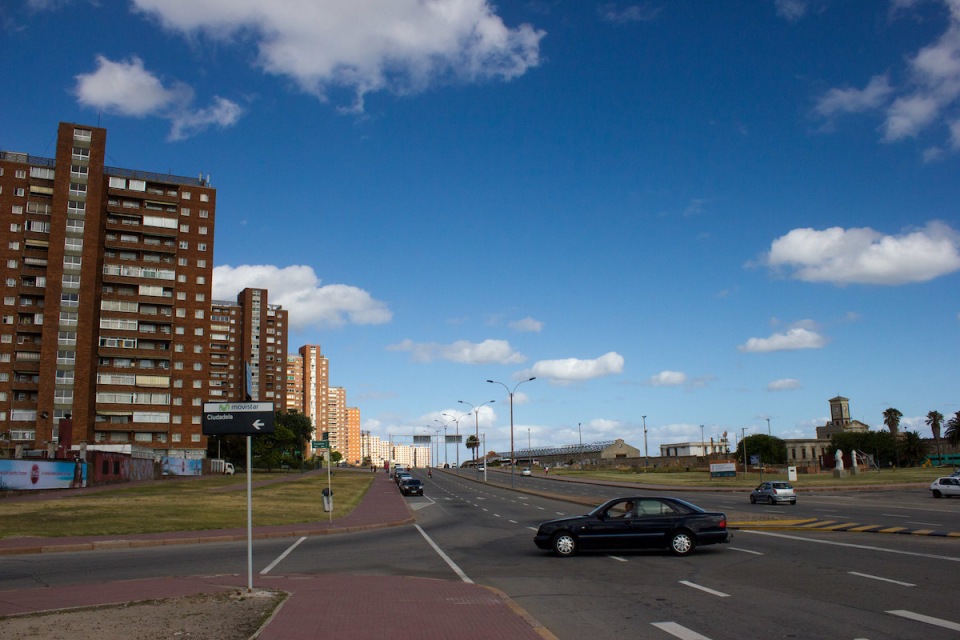
11/05/2020
Transit and transport in the context of Coronavirus in Uruguay
In this context, the Gonzalo Rodriguez Foundation presented the study "Transit and Transport in the context of Coronavirus in Uruguay", carried out by FACTUM.
Among its main conclusions, it states that some behavioral changes in the mode of transportation will be expected, replacing in some cases the public transportation by other modalities of motorized vehicles (such as cars and motorcycles)
On a general level, there is a perception that road accidents have decreased, but it is understood by experts and the population consulted that road accidents will return to their usual numbers when they return to normal. Likewise, on an international level, there is talk of a new economic retraction scenario, which is expected to have a direct impact on the ways in which people move around, increasing the number of motorcycles circulating in cities and therefore there is fear of an increase in road accidents in this area.
According to the data collected in the study, 4 out of 10 Uruguayans propose that they will soon change the way they travel to avoid possible Coronavirus infection, which would mean an increase in the use of more individual motorized means such as cars and motorcycles. On the other hand, 48% of those surveyed who are currently bus users and 56% of those who use taxis or Uber, expect to use this type of transport to a lesser extent, at least until the end of the year; which, it is to be expected that this behavior does not mean abandoning it completely.
Meanwhile, perceptions seem divided as to whether or not it is safer to travel on the streets in this context of less traffic. As age increases, the perception that it is safer to drive on the streets due to the decrease in traffic increases.
María Fernanda Rodríguez, president of the Gonzalo Rodríguez Foundation, said that "at an international level, it is expected that, due to the economic retraction, the pandemic will have a direct impact on the way people move around, increasing the number of motorcycles or bicycles that circulate in cities. In countries of the region with similar mobility patterns to ours, the number of deaths on motorcycles during periods of confinement has doubled, and we are therefore concerned about what will happen after the end of the health emergency period.
"From the Foundation, we will continue to insist on the implementation of measures that will contribute to reduce traffic accidents at national level, a scourge that took 422 Uruguayans away in 2019 and caused 25,114 injuries; and that economically represented for our country between 1% and 3% of the GDP. We must prevent jointly between the public and private sectors, persuading the user to check and use all security systems," Rodriguez said.
- Share: